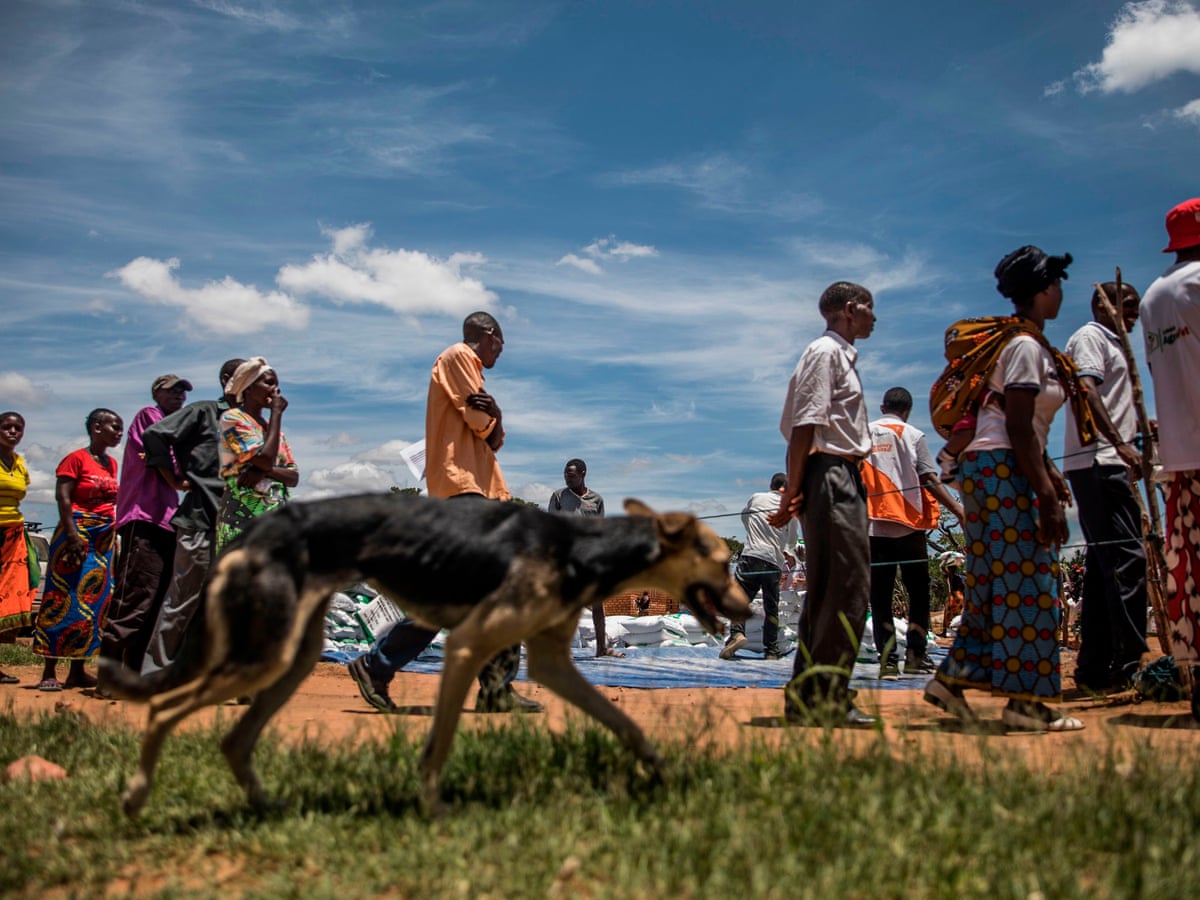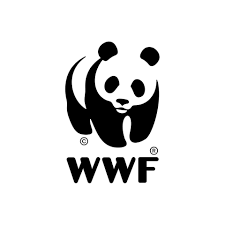Africa’s second largest copper producer heads to the polls on 12th August 2021 with so many unanswered questions and unsolved puzzles on the economic front. Forefront on the list of puzzles for the Covid-era first defaulter is the external Debt situation which seems to be sprawling out of control. Once upon a time, Zambia’s Debt burden was wiped clean under the Highly Indebted Poor Countries Initiative (HIPC) in 2005. It had a clean slate closing off the 2000s decade but unlike the reformed drunkard straight out of Rehab who takes time to reflect and put his life in order, Zambia’s first act out of Rehab was to head straight to the nearest Bar; one shot wouldn’t hurt after all. One Eurobond turned into two and ultimately into three, added to that is some unaccounted for junta (hard liquor) from the Chinaman outside the Bar. In the brink of an eye, the former junkie is back to what he does best; being a junkie!

After success on the international markets with the first Eurobond in 2012 for $750 million under the newly formed government of the Patriotic Front, it followed through with another bond offering in 2014 for $1 billion and closed off with the third one for $1.25 billion taking the total debt tally owed to high street commercial institutions to $3 billion. To top it all off, Zambia was able to get all these loans at rates comparable to the likes of Spain. The average rate for the three loans was a paltry 7.8%. If the junkie was being naughty, someone can argue that the bar owner definitely led him on.

Did they? Did the high street commercial guys from some of the finest schools in the world miscalculate? How could they saddle such a young nation with so much debt? Wasn’t the writing on the wall that this wasn’t going to end well? Do they deserve the punishment for default on interest payments and more if it’s coming? These are definitely questions for another day but the main justification point for the men in London and New York is the liberal free market system. “Zambia by any measure was ready, the numbers and projections for the commodity rich nation were all pointing to a bright future ahead”, they would argue.
Fast forward to 2021, the nation has been caught up in the Covid-19 pandemic, a black swan event that has enveloped the global economy with devastating consequences and has aggravated its debt distress status greatly. It has since missed one interest payment to the Eurobond holders who have been invited to the table for a debt restructuring. But the most worrying aspect is the double header that is coming up in 2022 and 2024; the principal payments of $750 million and $1 billion Eurobonds is due respectively. The balance on the sinking fund setup to facilitate such payments is currently nil dashing any hopes that the country will make good on the impending payments.

This has left only one option on the table, Zambia must check in Rehab once again. However, that’s another sticking point after the leading Rehab centre, the International Monetary Fund; has grown increasingly frustrated with patient’s persistent refusal to take the bitter medicine on the road to recovery.
CHINA TO THE RESCUE?
The Chinese debt is currently one of the best kept secrets, the numbers in both countries is disparate and nobody is willing to talk on the true extent of the debt, but in all this China has been very shrewd in its dealings with Zambia despite its blank cheque book policy. According to the China Africa Research Initiative (CARI), Zambia has accumulated loans from China totalling $6.4 billion as at 2017 and most of these Chinese funding has gone to infrastructure construction and other projects operated on “BOT” model, that is, Build, Operate and Transfer basis where the Chinese are co-owner/managers until the loan is repaid.
If there was any hope of China being the ‘white knight’ in negotiations with the western bondholders, they were quickly crushed when Zambia was reminded on the rules of engagement regarding its money; under no terms should our money be funnelled to Mayfair or New York was the simple instruction from Beijing according to the Financial Times. This was one of the major reasons for the default on interest payments in October. The country’s ability to shuffle the dollars in a Ponzi-like scheme was put to an abrupt end.
OF POLITICS AND REDEMPTION
According to the Economist Intelligence Unit, the Patriotic Front are favourites to bounce back into power and the incumbent Edgar Lungu, has surprised many analysts and observers after they had predicted he was on course to pressing the power button of the printing press at Bank of Zambia to fund his political campaigns. So far, he hasn’t and most macroeconomic variables like inflation and exchange rate have remained stable although at alarming levels. All indication point to the fact he is keen on hosting the International Monetary Fund at the table and mapping out a strategy to what could be a bumpy and arduous road to recovery. The closest challenger Hakainde Hichilema, an accomplished Economist has simply stated, “the high street knows me and I will Fix It”.
Will there be redemption for the Zambian economy come 2022? Only time will tell!
Katandula Chitika is an Economist and Writer. The views expressed in this article are solely mine and do not represent the views of my employer, church and any other organization I am affiliated to. Contact me on katandula.chitika@fizambia.com







